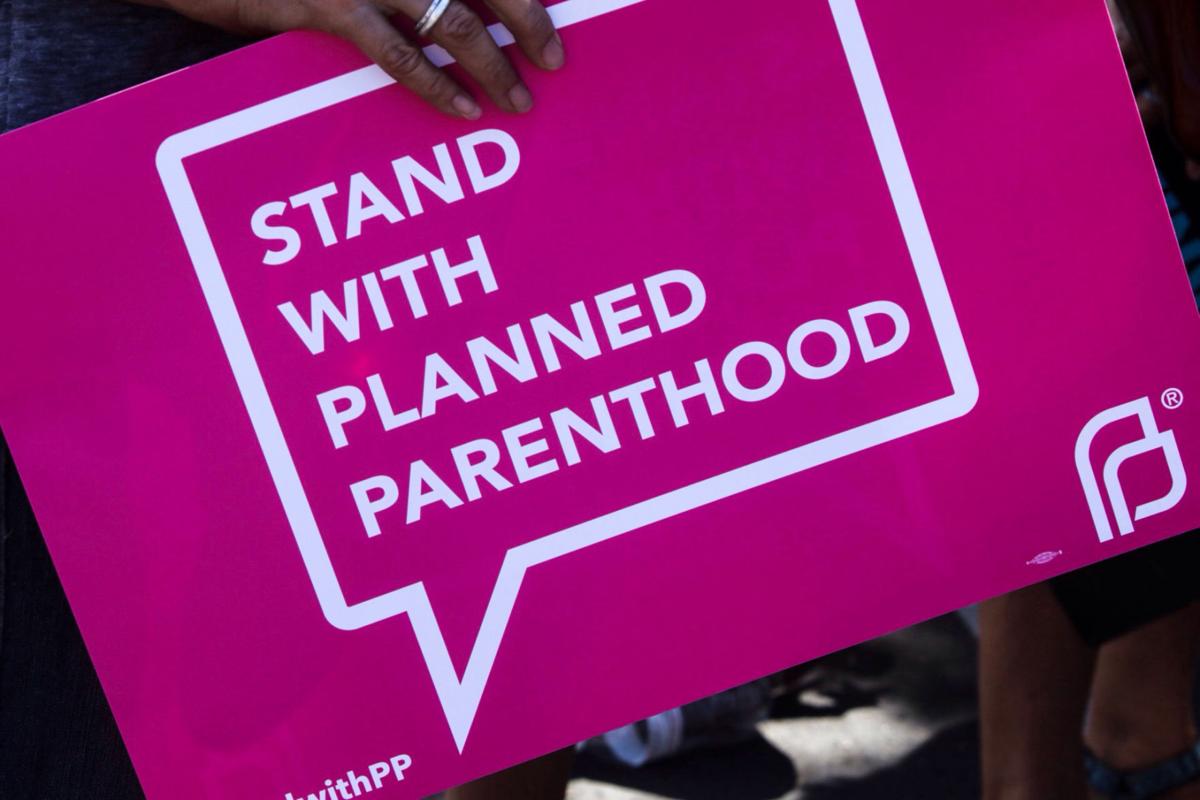PHOENIX — Planned Parenthood has quietly dropped its lawsuit challenging several abortion restrictions in Arizona, including the requirement for a 24-hour waiting period.
Without explanation, attorneys for the organization filed paperwork Tuesday asking U.S. District Judge Jennifer Zipps to dismiss the legal challenge.
Tuesday’s action means the state is free to continue enforcing not only the cooling-off period but also other challenged restrictions, including who can perform abortion-related services and prohibiting doctors from prescribing abortion medications by telemedicine.
No one from Planned Parenthood of Arizona, which promoted its filing of the 2019 lawsuit, would explain the decision to drop the case. However, Lola Bovell, a vice president of the organization, provided a written statement about its ongoing concerns about the state statutes in question.
“The status of this lawsuit does not change the fact that harmful laws like telemedicine bans, advance practice clinician bans, and mandatory waiting periods push abortion access out of reach for far too many people,” Bovell said.
But Kevin Theriot, senior attorney for the Alliance Defending Freedom, which supported the restrictions, pointed out the decision to drop the case comes in the wake of a changing legal environment.
In June the U.S. Supreme Court did rule 5-4 that Louisiana has no legal right to prohibit doctors from terminating pregnancies unless they also have admitting privileges at nearby local hospitals.
That, however, really was a divided ruling, with Justice Stephen Breyer, writing for himself and three other justices that the requirement served no legitimate purpose in protecting the health of women. But Chief Justice John Roberts, in becoming the deciding vote, said he was not accepting those arguments but agreeing to the result based on different precedents.
And there’s something else.
That 5-4 ruling had Justice Ruth Bader Ginsburg in the majority. She is now replaced by Amy Coney Barrett, who may prove more inclined to give states leeway in restricting abortion.
In filing suit in federal court last year, attorneys for Planned Parenthood acknowledged that some of the laws at issue had been unsuccessfully challenged in the past. That includes that 24-hour waiting period, something that means a patient needs to make two trips to a clinic to terminate a pregnancy and a requirement for only licensed physicians to perform abortions.
In a 2011 ruling, for example, state appellate court Judge Peter Swann rejected arguments that the restrictions impose undue restrictions on a woman’s constitutional right to choose. And he said that it is legally irrelevant that nurse practitioners, who are more available in rural areas than doctors trained to perform abortions, have a comparable safety record.
Cathi Herrod, whose Center for Arizona Policy has been behind crafting many of the statutes at issue, said when the lawsuit was filed that Arizona’s restrictions are justified and justifiable.
She also defended the other challenged restrictions like a requirement for a personal consultation with a doctor 24 hours before terminating a pregnancy and forbidding doctors from prescribing the pills for a medication abortion unless there is a face-to-face visit.
Planned Parenthood said the laws have had an effect in the state, including the closure of clinics in Yuma, Goodyear, Prescott Valley and Chandler. And the Flagstaff clinic can provide abortion services only one day a week.
Bryan Howard, who was president of Planned Parenthood Arizona until retiring at the end of last month, said the cumulative result is that the number of abortions performed dropped from between 9,000 and 10,000 a year a dozen years ago to fewer than 6,500 when the lawsuit was filed in 2019.
The lawsuit challenged three basic areas:
- “Physician-only” rules spelling out that abortions, both medical and surgical, as well as abortion-related procedures can be performed only by a doctor. Challengers pointed out that other medical professions, including nurse practitioners and physicians assistants, are legally entitled to perform “substantially identical procedures” involving women.
- Requiring women to visit a clinic and having an ultrasound at least 24 hours ahead of terminating a pregnancy for a consultation with the physician. Foes said it presents a particular hardship to women from rural areas who have to travel to one of the metro areas either two days in a row or stay overnight.
- The fact that Arizona encourages the use of telemedicine, allowing medical advice to be given and prescriptions to be written after a video conference with patients, except when an abortion is involved.





